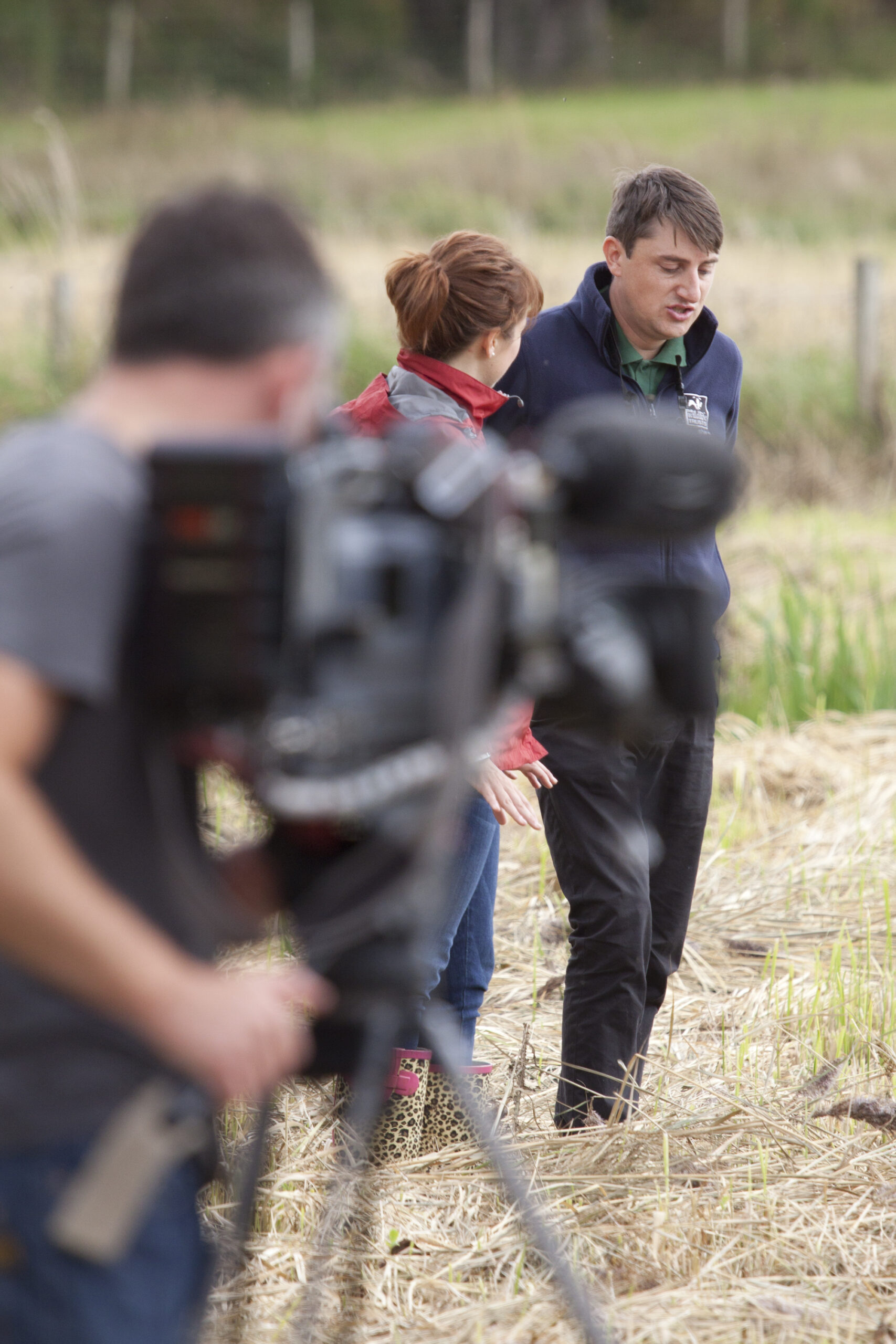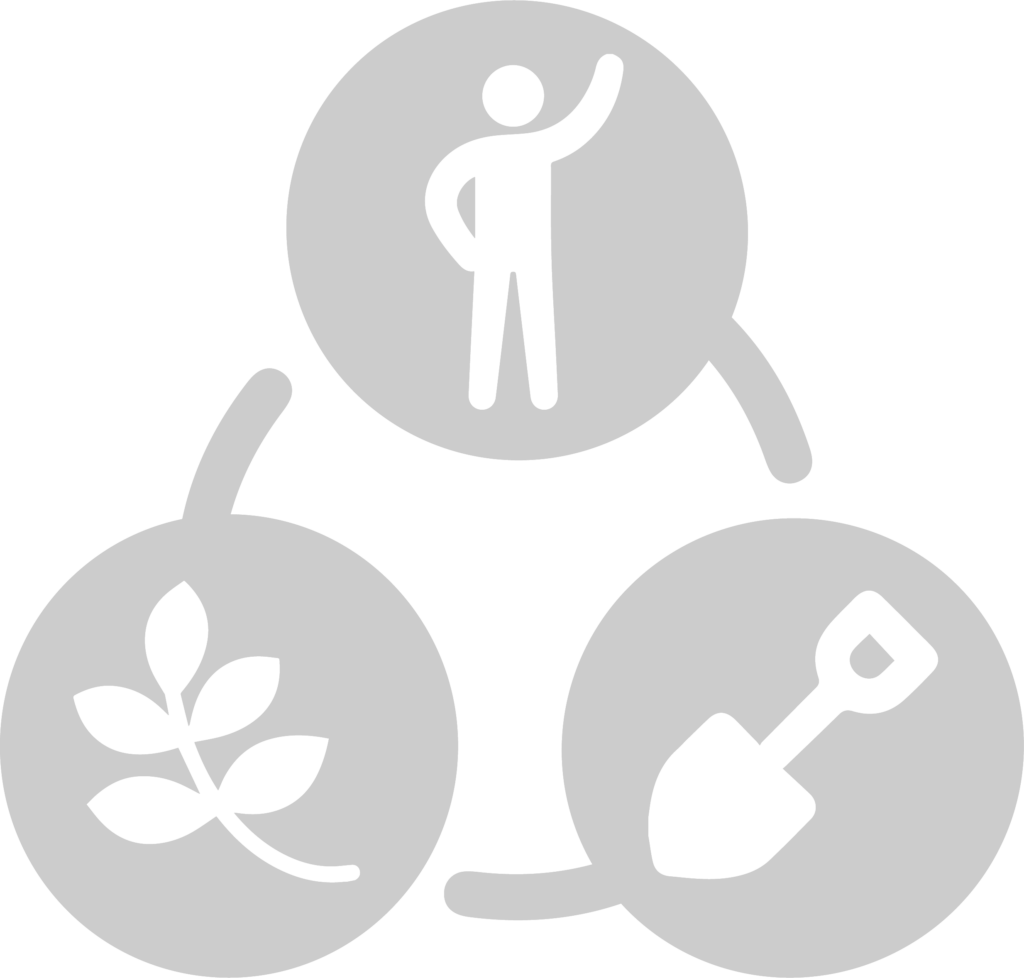Promoting your project is a key part of engaging your local community. It enables you to spread the word to a wide audience and drum up interest in, and support for, your project. There are lots of different ways to promote your work, from posts on social media to posters around your local area.
Things to consider…
- There are lots of ways to promote your project. There is no right or wrong way and what works for one project or community might not work for another, so often it’s a case of trial and error.
- Social media can be a great tool. When we talk about promotion, social media might be one of the first things that springs to mind. There are lots of different social media platforms out there. They all work slightly differently and tend to be used by different demographics of people. Out of all the platforms available, three have become firm favourites and are widely used. Facebook, Instagram and Twitter are some of the most popular social media platforms globally.
- Posts on social media do better when they are accompanied by a picture. Make sure you include one as often as possible. For events, you could add a picture of an event poster or maybe a picture of the venue to help grab people’s attention.
- Facebook groups are ideal for building an online community. With a bit of work, you can build a thriving online community where people share their own actions for nature as well as engage with your content.
- Remember you are representing your project! What you do on your personal social media is up to you. Remember that when you post from your project’s social media, you are representing more than just yourself.
- Local newspapers are a great way of spreading the word locally. Most local newspapers now have websites which include their contact details. Contacting local papers can help gain publicity if you are holding a big event or are looking for some support. Before you contact a local paper, consider these three things:
- What do you have to say that is newsworthy?
- What is unique about the story that you’re telling, and why are you telling it now?
- How can you tell your story in a way that makes it relevant to the reader?
- Once you’ve contacted some news outlets, you might be asked for an interview. Local radio stations or television news programmes often interview people and it’s an excellent way of getting your message out there.
- Have a clear message. Identify exactly what it is you want to talk about during the interview – having three key messages you want to put across is a good rule of thumb. The interviewer might have some questions that they may wish to ask. Think about what your message is and how you can include it in your answers to any questions.
- Practise first. Once you know what your message is, make sure you practise what you are going to say. If you have a script, make sure you know it well enough to use without reading it too often. If you are using notes or prompts, get comfortable in talking around each point. Get to know the topic you are talking about. This will allow you to be clear and confident when it comes to the interview.
- Talk clearly. It might seem obvious to talk clearly but when we get nervous it’s easy to talk too quickly or too quietly or say “um” repeatedly! Practising what you want to say will help a lot. Record yourself practising and play it back so that you can hear what you sound like. Remember to take a deep breath before you start. Stay focussed on the topic and stick to what you know. You’ll probably be surprised at how quickly your first interview will be over!
- Another great way to spread the word about your project is by using physical materials. Social media can be useful, but there’s a lot to be said for an eye-catching poster or a leaflet that someone can take away with them. You don’t need any complicated software or programmes to make a poster or leaflet. Some basic programmes like Microsoft Word or even Powerpoint can be used to make good looking promotional materials. Remember to make your key message clear. Think about the main information you need people to know.
Useful links


- The Scottish Council for Voluntary Organisations (SCVO) has some useful information on working with digital tools. They also have a digital checkup which is used to check your organisations digital maturity and how this compares to other organisations.
- The National Council for Voluntary Organisations (NCVO) also have some useful guidance on digital tools and technology. There are lots of topics covered from planning a new website to digital safeguarding.
- The Resource Centre is a charity that aims to support community groups. There is a huge range of information on their website around promotion including writing clearly, starting a petition and photo and video tips.
- The Resource Centre also has a comprehensive guide to Facebook for community groups. It covers everything from the basics of Facebook through to tips on how to get the best engagement.
- Friends of the Earth have put together a great beginner’s guide to social media. It includes information on various social media platforms as well as advice on best practice.
- If you’d like to learn more about promoting your project and other aspects of community organising for nature, you can now join our free online Pioneers Programme course. Find out more about the programme and register here.
